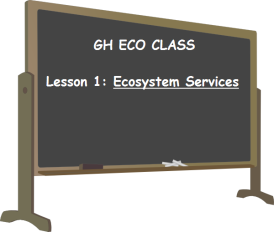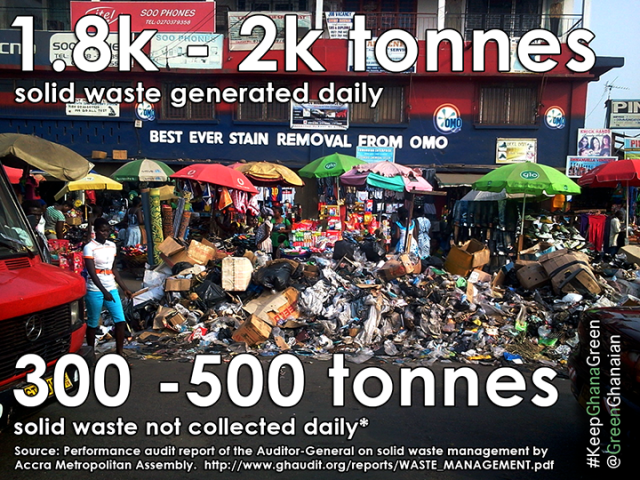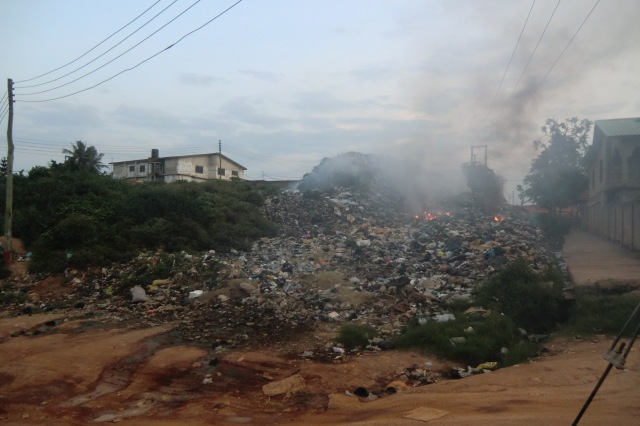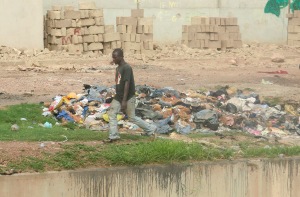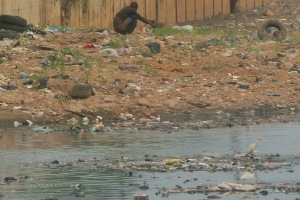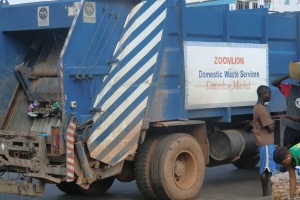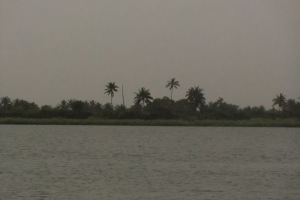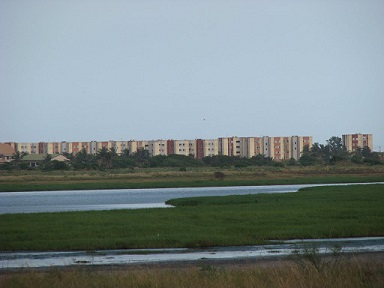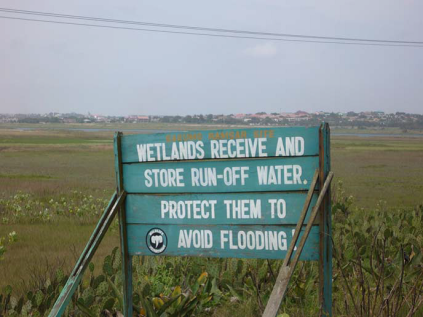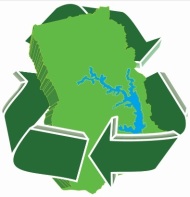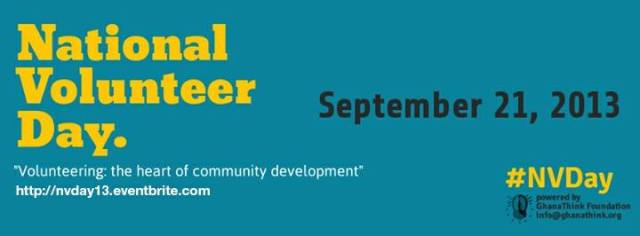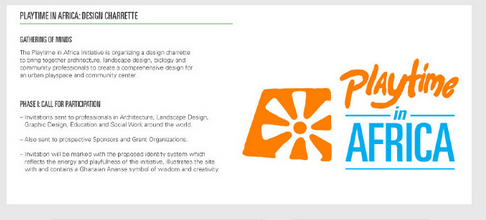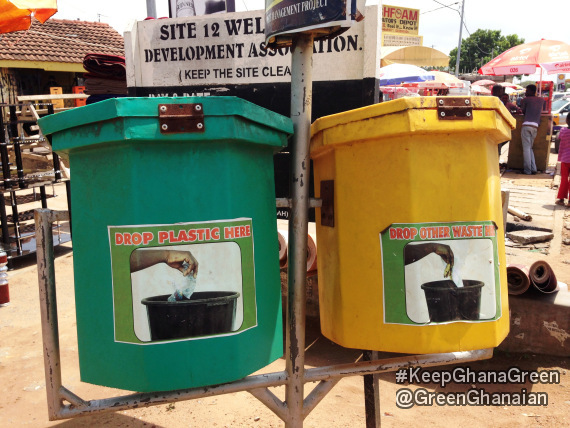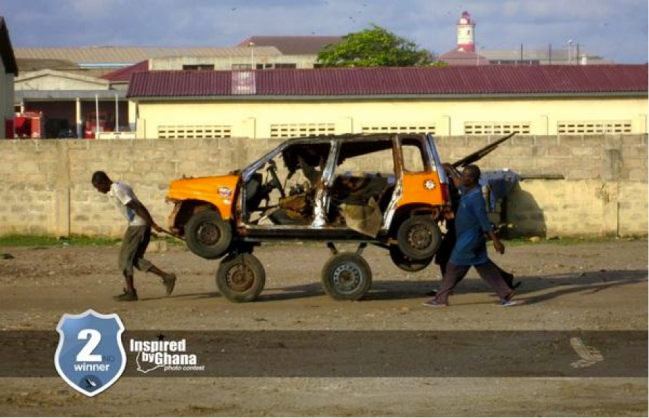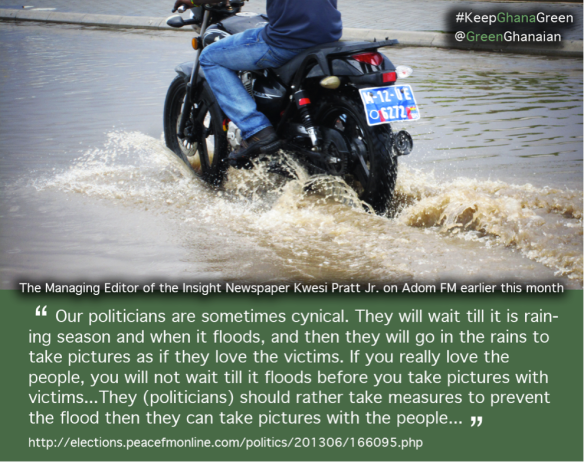Are you concerned about the environment and want to know more about ecology and the science behind the issues? There are many aspects of environmental awareness that are based on science and The GH Eco Class will be a series of blog posts that cover lessons on environmental concepts. They will attempt to be relevant to the challenges we face in West Africa and be presented for anyone and everyone. Please leave comments on the posts and please feel free to suggest topics that you would like to be covered. This is meant to be interactive and informative, just like a fun classroom.
Lesson 1: Ecosystem Services
The earth gives us things that we could not humanly produce on our own even with all the technology in the world? Could we create water or air? Could we cultivate all of our fish in ponds and aquariums and feed the nation without depending on the rivers or sea? No, we couldn’t. Many of us have been brought up to see these as gifts from God/nature but we haven’t all been taught that these acts of God/nature are not everlasting and can actually run out if we don’t treasure them and handle them with care.
These are gifts or acts of nature are called Ecosystems Services and as green citizens and learners, we must be aware of their importance and fight to preserve them. Ecosystem services are provided when natural elements (such as soil, plants and animals, air and water) are transformed into things that we value as humans.
There are different types of ecosystem services and they usually fall under the categories of provisioning, regulating and cultural.
The provisioning services produce products that we directly use such as foods, firewood, natural medicine and fresh water.
The regulating services bring the benefits we get from nature staying in balance such as air quality regulation, climate regulation, water regulation, erosion regulation, water purification, disease regulation, pest regulation, pollination and natural hazard regulation.
The cultural services describe the non-material gifts we people obtain from nature such as spiritual enrichment or worship, mental and emotional relief and development, reflection, recreation and aesthetic experiences.
.
.
So… How does this apply to me?

Imagine going to buy food at a restaurant (or chop bar) and there are no soups or stews on the menu. No light soup for your fufu, no palaver sauce for your yam, no jollof rice. You go to find out why and you are told that there are no tomatoes being sold in the markets to prepare any of these foods. As a matter of fact, there was no tomato harvest on any of the farms in the region this season. Why? One animal responsible for pollinating (fertilizing) the tomato is the bee. Because of human activities the population of these animals has fallen and there are none to pollinate tomatoes hence the terrible crop yield. There are no tomatoes for your kenkey and hot pepper. No tomatoes for your stew for your tuo zaafi. NO TOMATOES IN GHANA. This is a national disaster.
.
.
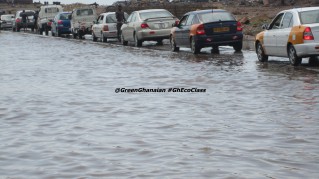 But it can get worse. Imagine that the rains have come, as they have come now, and your entire town or city is flooded. Not just some select areas or houses but each and every road and house and compound and store is FLOODED. The land has become such that water has no path when it falls because we’ve allowed the land to become very bare, or cemented or empty of vegetation. Trees and other plants would have absorbed the falling rain and their roots would have created holes in the soil and places for the water paths for the water to seep underground. But they no longer exist. All the cement and paths make the landscape flat, which speeds up the pace of the flood. The gutters created can’t carry the water away into water bodies and the sea fast enough. And so as soon as it rains, it floods. Everywhere.
But it can get worse. Imagine that the rains have come, as they have come now, and your entire town or city is flooded. Not just some select areas or houses but each and every road and house and compound and store is FLOODED. The land has become such that water has no path when it falls because we’ve allowed the land to become very bare, or cemented or empty of vegetation. Trees and other plants would have absorbed the falling rain and their roots would have created holes in the soil and places for the water paths for the water to seep underground. But they no longer exist. All the cement and paths make the landscape flat, which speeds up the pace of the flood. The gutters created can’t carry the water away into water bodies and the sea fast enough. And so as soon as it rains, it floods. Everywhere.
These images may seem unrealistic but they very well could happen if we lose the ecosystem services that God/nature has gifted us with. Our actions as humans and stewards of the earth heavily impact how these ecosystems survive and work. We must preserve and enhance them.
Eco Lesson
Now that you know what Ecosystem Services are, how does that change your perspective on where our priorities should be as individuals and as a country? Please leave your comments, your questions and your curiosities.
In the next lesson we will identify the major ecosystem services at risk in Ghana and ways that government and civil society can act to preserve them for the growth of the nation and health of the planet!

